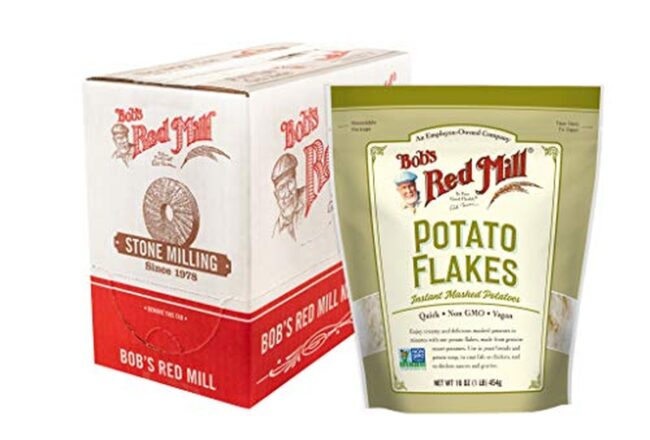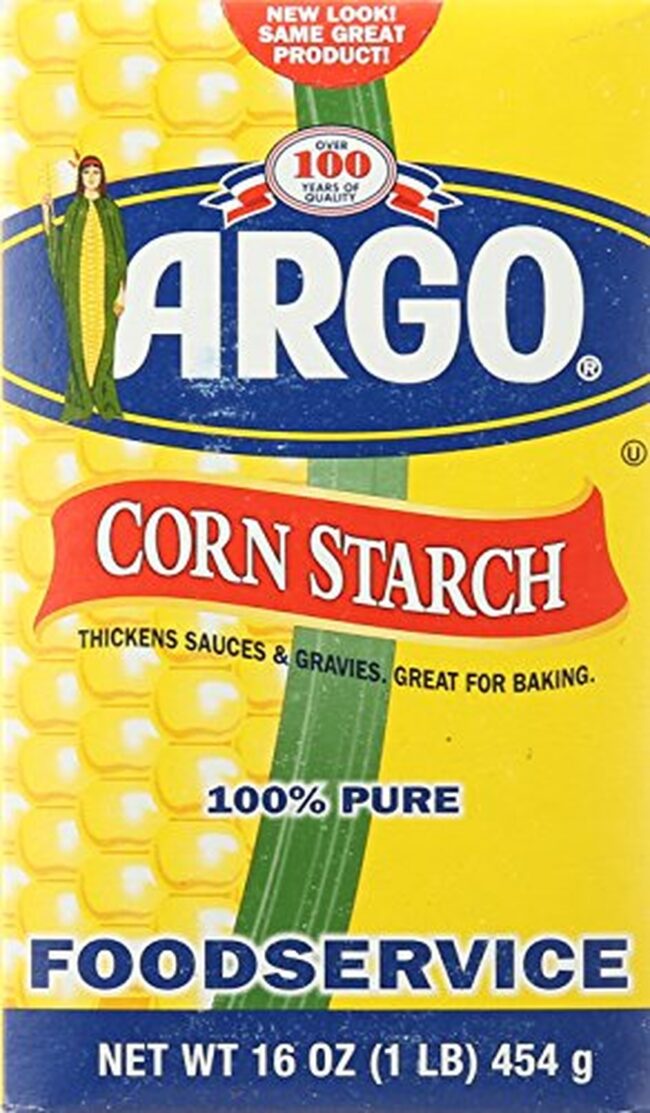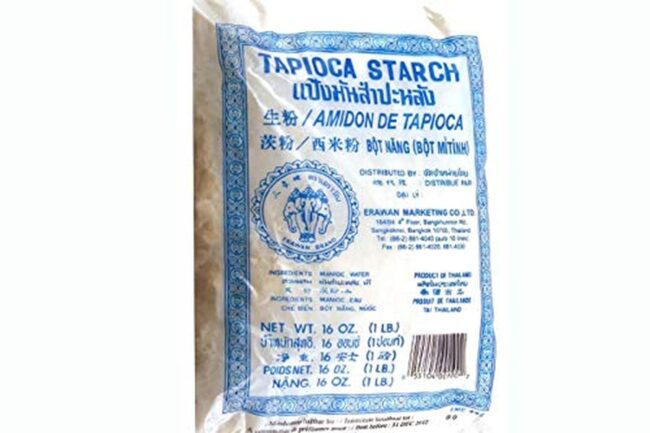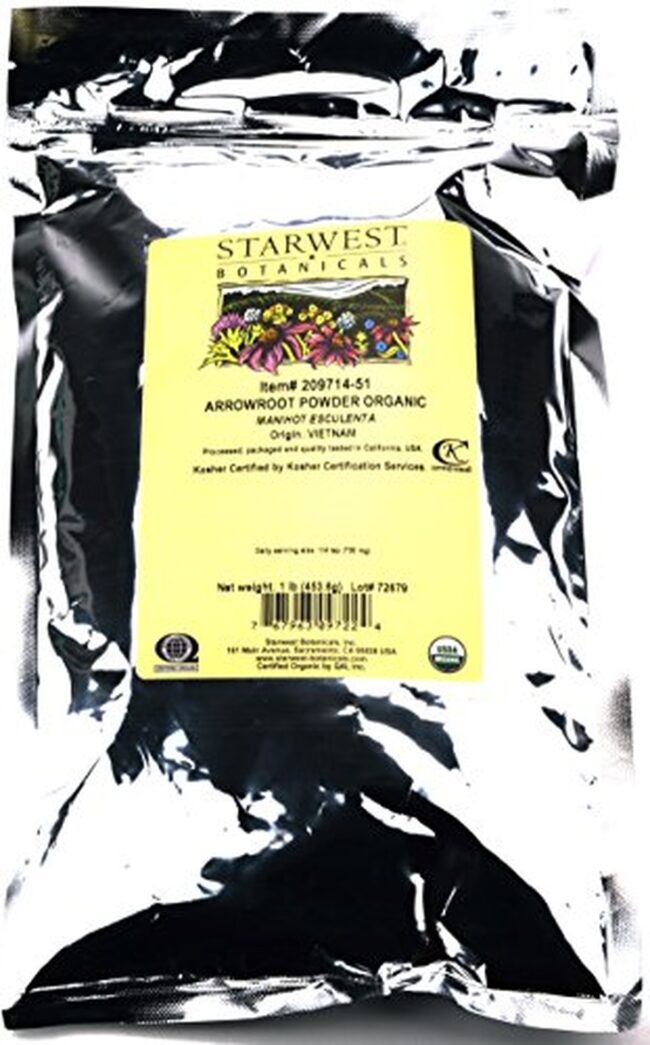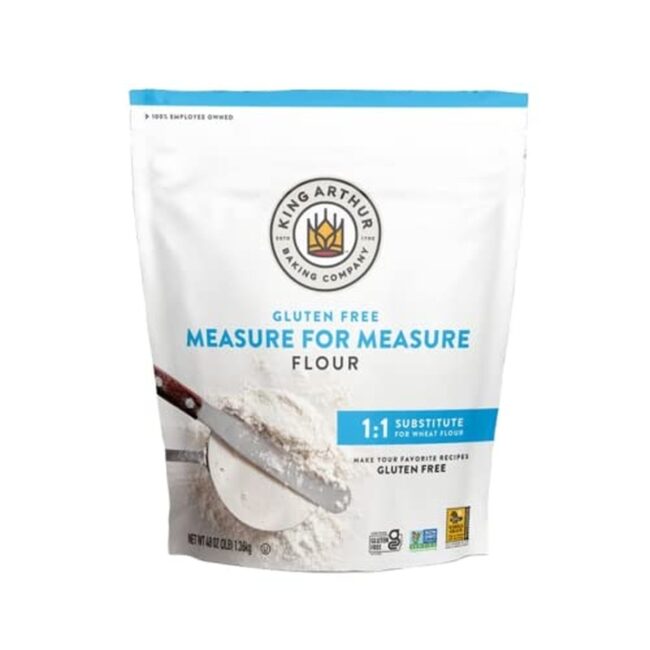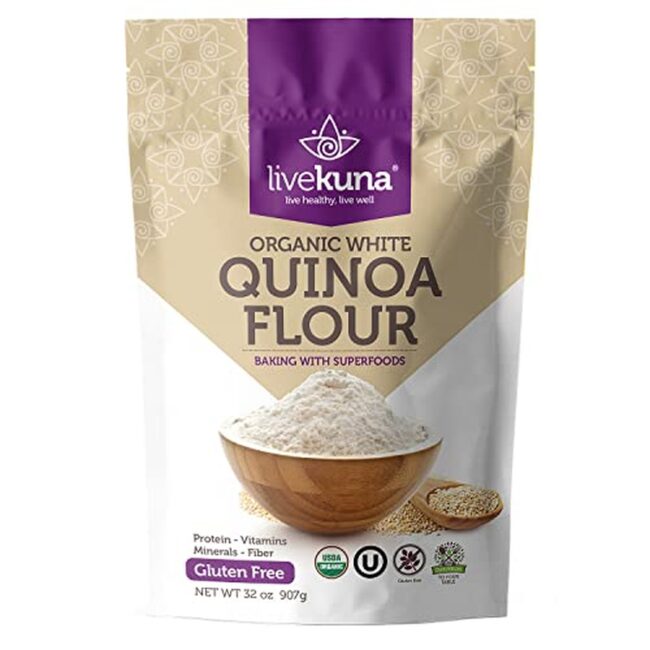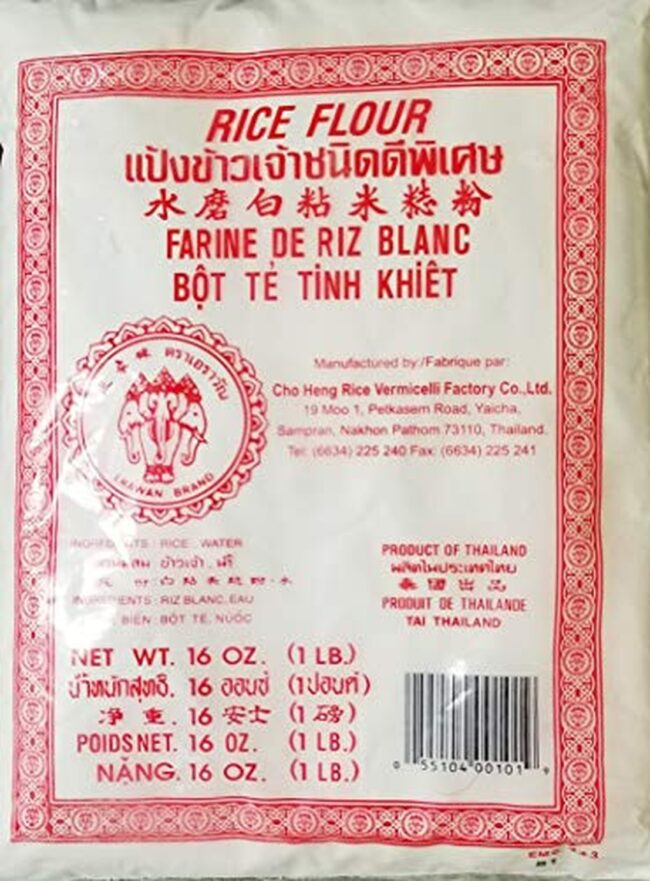7 Convenient Replacements for Potato Flour in Recipes
Potato flour substitutes help maintain texture and structure in baked goods and sauces.
Different starches and gluten-free flours provide similar results.
People love how these swaps work in everything from bread to thickening soups.
What Does Potato Flour Do?
Flour made from whole potatoes offers a unique texture and flavor that closely resembles regular potatoes.
The process involves cooking the potatoes, usually by boiling, then drying and grinding them into a fine powder.
Some brands choose to peel the potatoes before grinding, while others keep the skin on for added fiber.
Choosing flour with potato skins can boost digestive health by enhancing fiber content, which supports regular bowel movements and promotes healthy gut bacteria.
Although supermarket brands often remove peels for their flour products, artisanal varieties retain them to provide more roughage.
With its creamy beige color and subtle taste lacking in strong additives or flavorings, this potato flour enriches recipes like cakes or bread beautifully.
Top 7 Alternatives to Potato Flour
Potato flour serves as a versatile ingredient in many recipes. Alternative options provide unique flavors and textures, offering exciting culinary possibilities.
Bobs Red Mill Instant Mashed Creamy Potato Flakes
Potato flakes serve as a perfect substitute for potato flour, providing a similar texture and flavor.
Bob’s Red Mill Instant Mashed Creamy Potato Flakes contain only whole potatoes, making them an excellent option for those with allergies.
Versatile in the kitchen, these flakes can be easily transformed into potato soup or used as a coating for frying fish and chicken.
Preparation is quick; just microwave or bake them to enjoy creamy potatoes in under an hour.
Some users mention that the taste can be bland, lacking strong potato flavor.
Purely made from potatoes without additives ensures they won’t alter your recipes negatively.
Argo Cornstarch
Argo Cornstarch offers an excellent alternative to potato flour, making it a versatile kitchen staple.
Perfect for achieving that satisfying crunch when frying, this cornstarch ensures foods remain moist and flavorful.
Made without cholesterol and designed for restaurant-quality results, it helps reduce calories in meals while enhancing texture in baked goods.
The resealable tub allows repeated use without compromising freshness.
Some users feel the price is higher than other brands but appreciate the quality Argo delivers overall.
Its unique ability to create a delightful crust distinguishes homemade bread from store-bought options significantly.
Tapioca Starch
Tapioca Starch offers a great way to thicken sauces, gravies, and pie fillings without altering their taste.
Its pure white color ensures that dishes maintain their appearance and consistency, matching traditional potato flour.
This product comes in a large bag, requiring only a small amount for effective results in recipes.
Versatility shines through as it works well across various culinary applications without forming lumps.
A resealable package helps keep the starch fresh for an extended time; however, some users have noted issues with flimsy packaging arriving damaged.
For anyone looking for reliable thickening options in cooking or baking endeavors, this is an excellent choice.
Starwest Botanicals Organic Arrowroot Powder
For those who plan to bake bread, cakes, or gravies for long-term storage, arrowroot powder serves as an excellent alternative to potato flour.
This ingredient stands out because it resists freezing better than most other flours.
Starwest Botanicals Organic Arrowroot Powder comes in a resealable bag that helps maintain freshness by keeping air and bacteria away.
The powder resembles potato starch, ensuring no drastic changes in your recipes like soups or baked goods.
Some customers have noted concerns about the packaging's durability.
Choosing this versatile option can enhance the longevity of your baked treats while allowing for creative cooking adventures down the line.
King Arthur Gluten-Free Flour
King Arthur Gluten-Free Flour stands out as a fantastic choice for anyone seeking an alternative to traditional flour.
Ideal for those with gluten sensitivities, this blend helps maintain digestive comfort without sacrificing texture.
It mimics potato flour closely, allowing precise handling during baking.
The moisture retention in the dough ensures excellent pliability, making it perfect for various recipes like bread and cakes.
A large 3-pound bag provides ample supply for multiple batches of your favorite baked goods.
Expect a slightly softer loaf compared to using potato flour; however, the ease of use and reliable results make this product worth considering.
Livekuna Premium Organic Quinoa Flour
Quinoa flour has gained popularity for its unique qualities.
Known for being gluten-free, this seed is an excellent source of protein, ideal for those focused on muscle growth and healthy baking.
Livekuna Premium Organic Quinoa Flour stands out as a nutritious option in the kitchen.
Its rich protein content makes it a smart substitute for traditional wheat flour, enhancing recipes with added thickness and texture when mixed with other flours.
Availability can be tricky since many stores don’t stock it regularly; visiting health food shops may be necessary to find this gem.
Overall, quinoa flour offers a wholesome choice that supports various dietary needs while adding flavor to dishes.
Thai Rice Flour
Choosing rice flour offers a fresh twist on traditional baking.
This light, natural ingredient adds a gentle sweetness to cakes and muffins while reducing the need for extra sugar.
Perfect for people with gluten sensitivities, Thai Rice Flour caters well to vegans and vegetarians since it contains no nuts or gluten.
A notable caution involves avoiding glutinous rice flour, which differs significantly from regular rice flour.
Overall, this versatile option not only enhances flavor but also supports various dietary needs effectively.
Potato Flour vs. Potato Starch
Differences between potato flour and potato starch are significant.
Starch comes from crushed potatoes, which undergo washing to extract pure starch before being dried into a fine white powder.
This ingredient serves mainly as a binding agent in recipes, especially for vegetarian or vegan cakes where it substitutes eggs, adding moisture for a softer texture.
Potato flour is made from whole dried and peeled potatoes, maintaining high protein and fiber content while presenting a beige color with creamy texture.
It enhances flavor and contributes to the lift in baked goods due to its additional components beyond starch alone.
Choosing potato flour yields better taste and visual appeal compared to using just starch in dishes.
Ways to Use Potato Flour
Using potato flour in baking can enhance the texture of various recipes, particularly when mixed with whole wheat or bread flour.
This combination leads to a moist crumb and richer flavor in loaves and cakes.
Its absorbent nature means that relying solely on potato flour for cake recipes might lead to dryness, so it's best used alongside other flours.
Coating patties with potato flour before frying creates a crispy outer layer while preventing sticking.
For those following vegetarian or vegan diets, this flour serves as an excellent choice since it lacks animal-based binding agents.
Moisture retention becomes easier when using this type of flour in yeasty bread as well.

